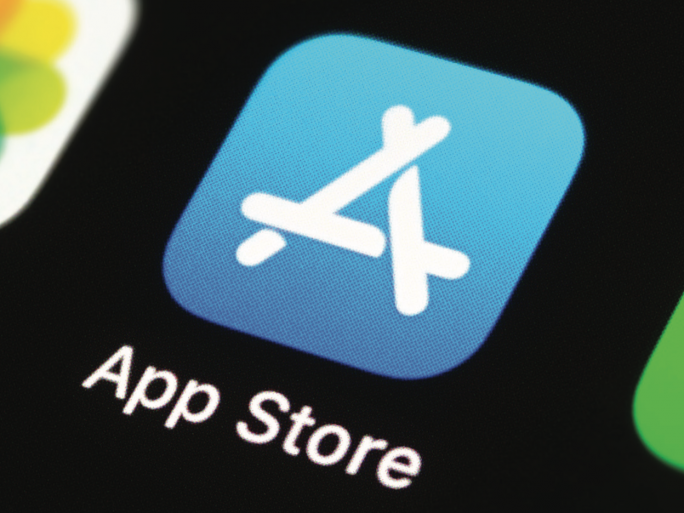Apple is reportedly developing a localised iOS version, that could potentially allow for the ‘side loading’ of apps for European users, from outside Apple’s strict walled garden.
This is according to Bloomberg’s noted Apple leaker Mark Gurman, who in the subscriber edition of his Power On newsletter, responded to a question about the side loading of apps for the iPhone.
The Bloomberg report stated that from 2024, iPhone users in the EU will be able to download apps hosted on third party websites, in order to comply with European regulations.
![]()
Side loading apps
This is not the first time this prospect has been mooted.
In December 2022 Mark Gruman had stated Apple was preparing to allow alternative app stores on its iPhones and iPads and side-loading of apps, as part of a sweeping overhaul aimed at complying with strict European Union laws.
The European Union’s Digital Markets Act (DMA) and Digital Services Act (DSA), which are landmark rules that impose significant regulatory burdens on tech platforms, are now in force.
The Digital Markets Act (DMA) requires “gatekeeper” companies to open up their services and platforms to other companies and developers.
Customers could ultimately download third-party software to their iPhones and iPads without using Apple’s App Store (i.e. side loading), thereby sidestepping Apple’s usually strict restrictions and its 15 to 30 percent commission.
It could allow broader access to Apple’s NFC chip, the camera, Find My Network, and the AirTag, as well as bringing new web browsing engines to iPhones and iPads.
Gurman previously reported that Apple is still planning to charge developers, even if they don’t distribute their apps through the App Store.
Now Gurman has written that Apple will introduce a “highly controlled system” that lets EU users install apps hosted elsewhere.
Apple also will reportedly alter Messages and payment apps as part of the changes, likely via a localised iOS 17 update.
But it should be remembered that Apple is doing this reluctantly.
In June 2021 Apple CEO Tim Cook had warned that the EU requirements for the side loading of apps, would hurt iPhone security.
EU compliance
If this report turns out to be true, it not be the only EU law that Apple has had to comply with.
The European Union in October 2022 had finally agreed a common (or universal) charging standard (USB-C) for all mobile devices.
That meant that from Autumn 2024, all electronic devices would need to support USB-C charging.
It also meant that Apple would need to remove its venerable lightning port in its iPhone handsets in the EU.
Soon after that Greg Joswiak, Apple’s senior vice president of worldwide marketing reluctantly told The Wall Street Journal Tech Live conference, “obviously we’ll have to comply.”

Image credit: Apple
In September 2023 when Apple launched its iPhone 15 handsets, Apple did indeed drop the lightning port and instead included a USB-C charging port.




